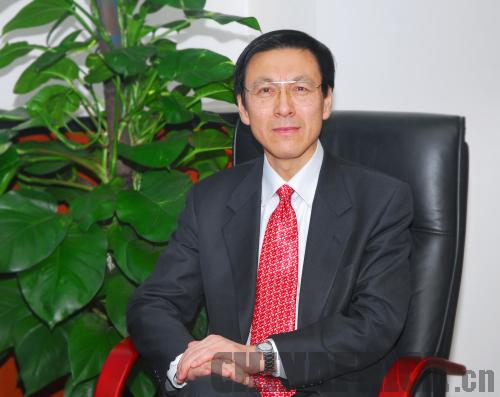|
 |
|
Prof. Ke Bingsheng, President of CAU (Courtesy of CAU) |
Over the years, China Agricultural University (CAU) has conducted exchanges with 46 African countries and run 27 Africa-focused agricultural training programs. Recently, Prof. Ke Bingsheng, CAU's president, spoke to ChinAfrica about the university's work and future plans. Edited excerpts follow:
ChinAfrica: Since 2001, CAU has successfully launched 27 sessions of agricultural training programs for African teachers, researchers, officials and technicians. How are the programs progressing? What kind of feedback do you receive from the participants?
Ke Bingsheng: Based on the actual needs of African students, the training programs we provide mainly focus on irrigation technology, agricultural machinery, modern agricultural education and other areas. Well-known scholars at home and abroad have been invited to give lectures and seminars. African students can better learn about advanced agricultural production technology and management through lectures, case studies and group discussions. Outside the classroom, field visits and hands-on experiments deepen their understanding of what they learn in class. In addition, we invite African trainees to attend international academic conferences. These provide a good opportunity to exchange with experts.
After the training, we send out questionnaires and assess the programs. Trainees have generally been satisfied. They think China's agricultural development experience is of value to local agricultural policy-making in Africa, and China's advanced agricultural technology and machinery are applicable in Africa. Some trainees said that they applied what they learnt in China to their teaching and research, discipline and laboratory construction at universities, or guiding workers at fields. Thus those programs have helped raise the agricultural production level in Africa and the training of human resources.
|